Submission and Reconciliation
Love comes with a price tag—you just don’t know the cost… yet.
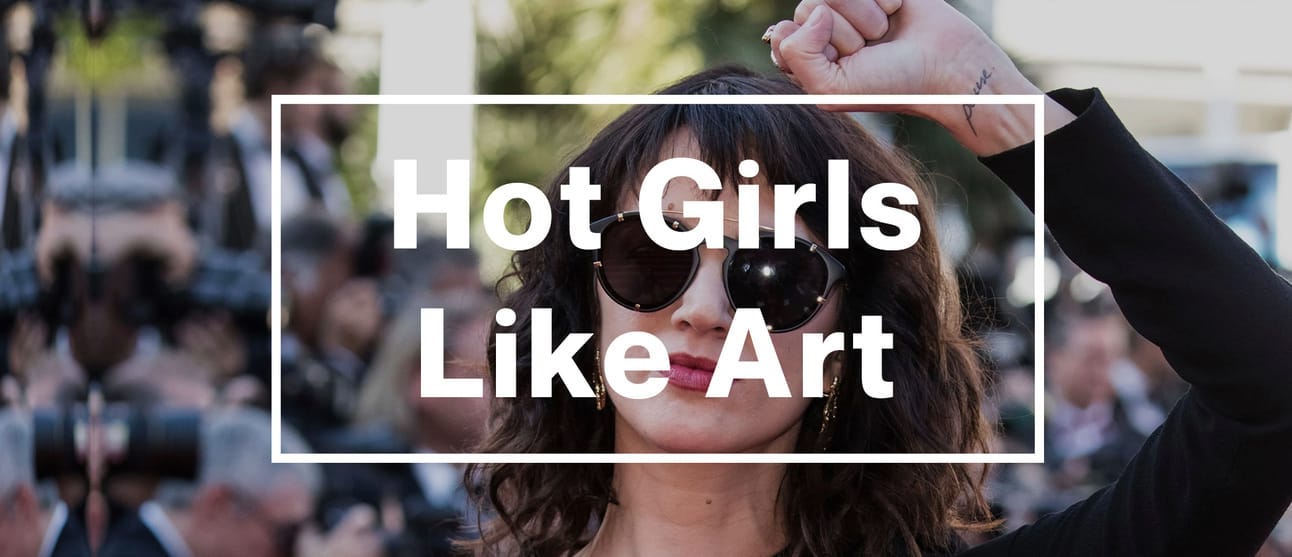
Asia Argento - Italian actress and filmmaker
Letting someone in means handing them the map to where we hurt most.
We chase the first spark, convinced it’s the whole fire.
But is that first glimpse of attraction just a mask—one made for a world that never looks beyond the surface?
This is for those who just watched the illusion break—and don’t know whether to run or rebuild.”
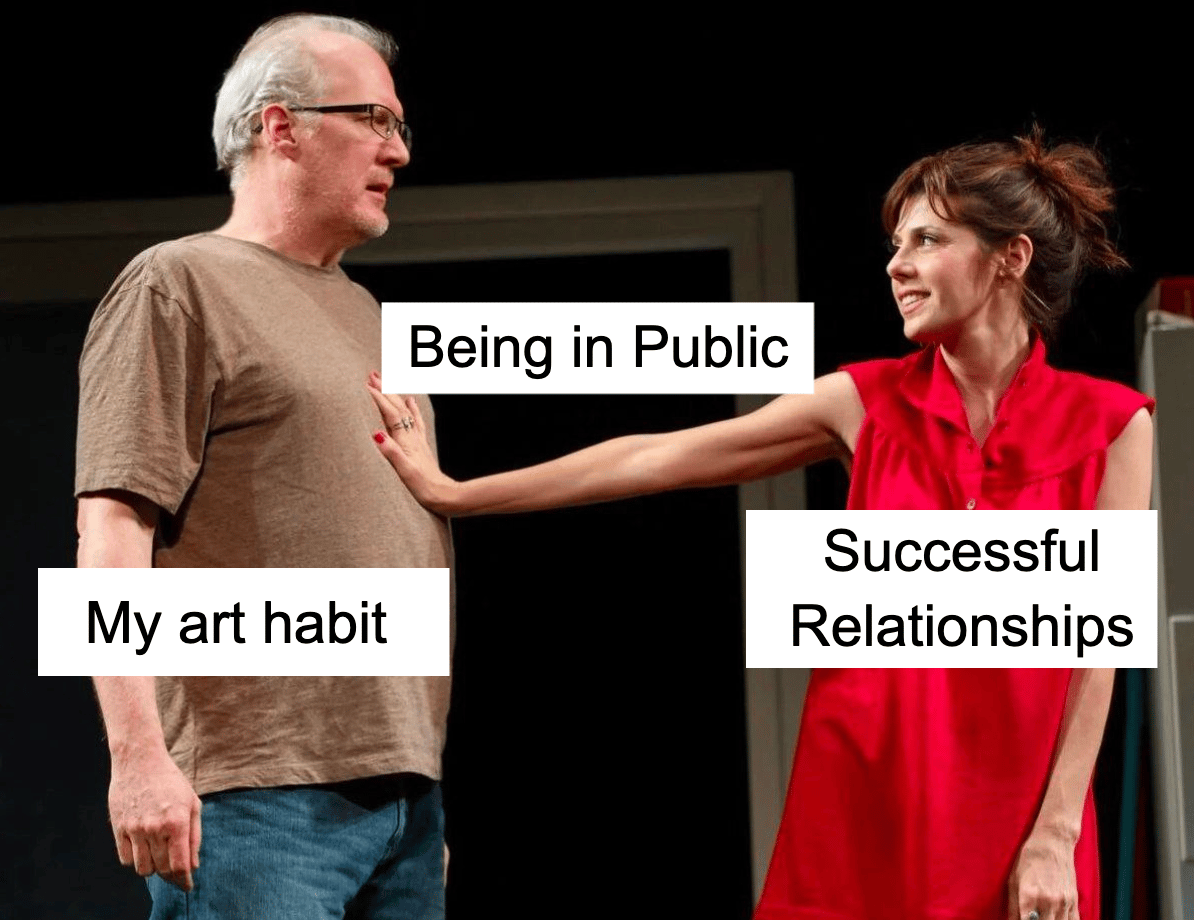
Illusion
You’re sitting across from them, and something shifts.
The lighting hasn’t changed, but they have.
Or maybe you have.For the first time, you notice—really notice—the way they chew, the way they check their phone mid-sentence.
And just like that, the spell lifts.
They’re just a person.
This is how it happens.
Love starts as a mirage.
You don’t fall for someone—you fall for the version of them that fits the story you need to believe.
You shape them in your mind, fill in the gaps, build meaning around them.
And they do the same to you.
Love begins as invention, not discovery.
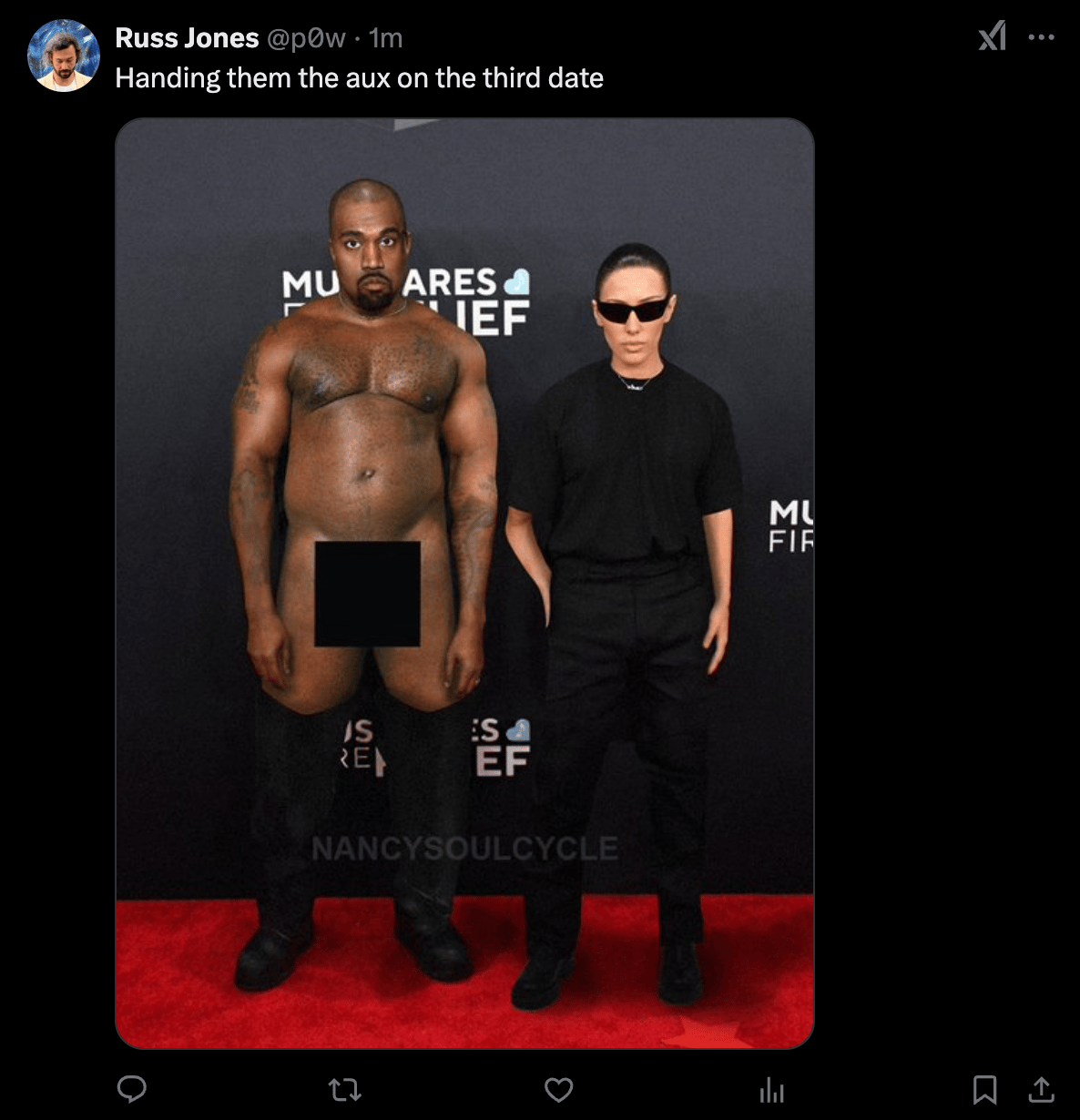
Nietzsche said that we don’t love others—we love the role we create for them.
The beginning feels magical, effortless.
The illusion is mutual.
You play the part they need, and they play yours.
You meet in the right place, in the right light, wearing the right clothes, saying the right things.
You aren't just meeting—you’re auditioning.
And for a while, it works.
But illusions don’t break all at once.
They chip.
A comment that feels out of place.
A joke that lands wrong.
A glimpse of them in a setting where they’re not playing your version of themselves—when they aren’t curated for you.

Eternal Sunshine of the Spotless Mind (2004)
Now you’re at a crossroads.
Do you accept the reality, or do you cling to the illusion?
Eternal Sunshine of the Spotless Mind asks: If you could erase heartbreak, would you? And if you did, would you just fall for the same illusion again?
Most people don’t need memory erasure to repeat the cycle.
We justify.
We explain things away.
We choose to believe in who they were at the beginning, long after that person has stopped existing.
We hold on to the idea of them, not the reality.
Because the reality is complicated.
The reality forces us to change, or to admit we were wrong.
And that’s the real heartbreak.
Not losing them—losing the version of them you fell for.
So when the mask finally slips, do you accept them?
Or do you mourn what was never real to begin with?
And if love begins as an illusion, what happens when it’s gone?
Maybe that’s when love actually starts.
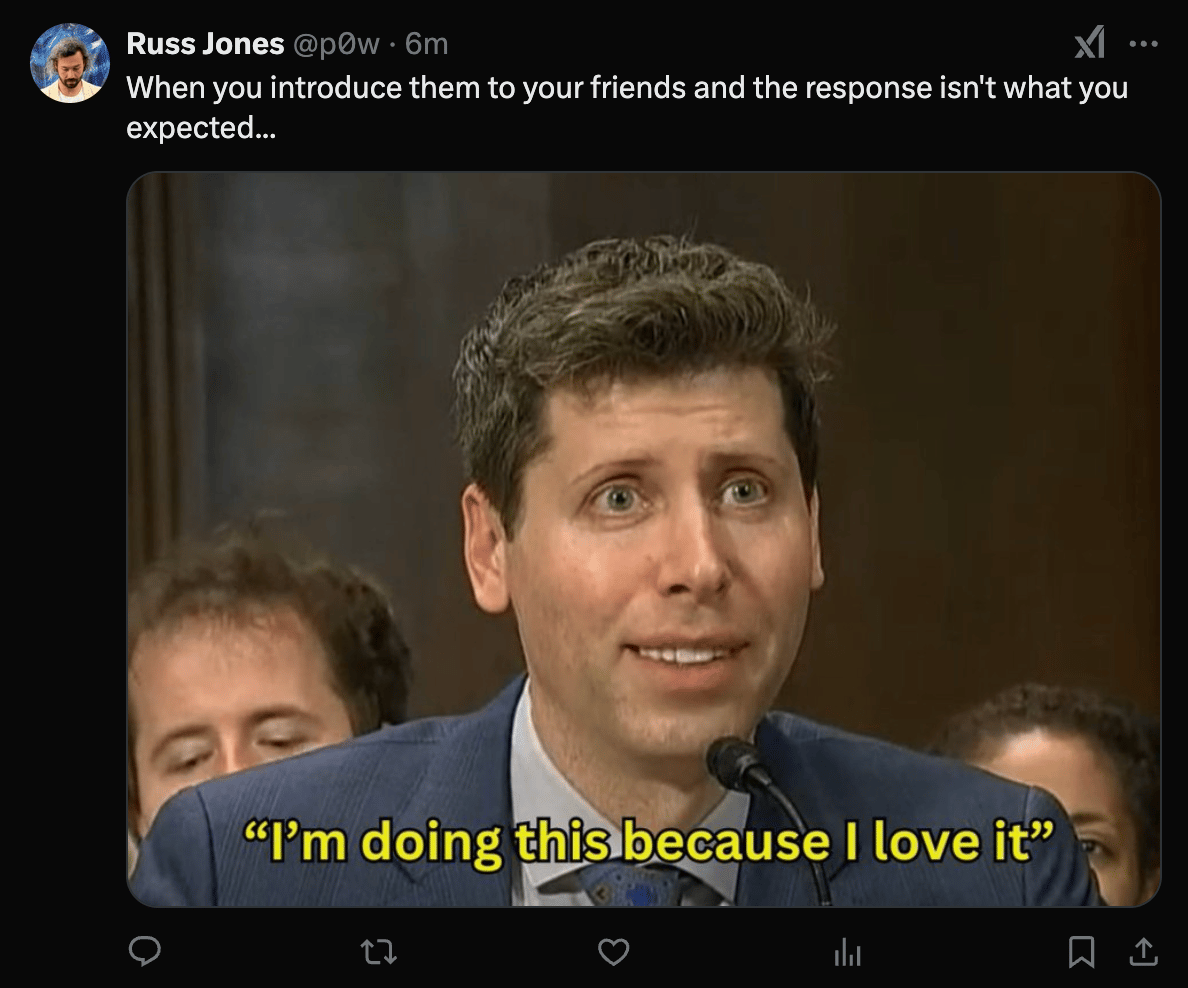
Disillusionment
At first, the cracks are small.
You brush them aside.
Maybe they’re just tired.
Maybe they didn’t mean it that way.
Maybe it’s you.
You rationalize, smooth things over, hold onto the version of them you first fell for.
But slowly, something shifts.
You’re no longer in love with them—you’re in love with holding on.
This is where love stops being a fantasy and starts becoming a mirror.
Rilke believed that true love wasn’t about losing yourself in someone else—it was about seeing yourself more clearly.
Love, at its most real, isn’t about merging into one perfect whole.
It’s about standing face to face with another person and realizing that they are not you.
That they never were.

But this realization is uncomfortable.
Because love demands something of you.
It forces you to confront parts of yourself that were easier to ignore.
The things you need.
The things you lack.
The things you’ve been willing to compromise on.
Maybe you liked who you were in the beginning, when you were playing the role they needed.
Maybe you don’t like who you’re becoming now.
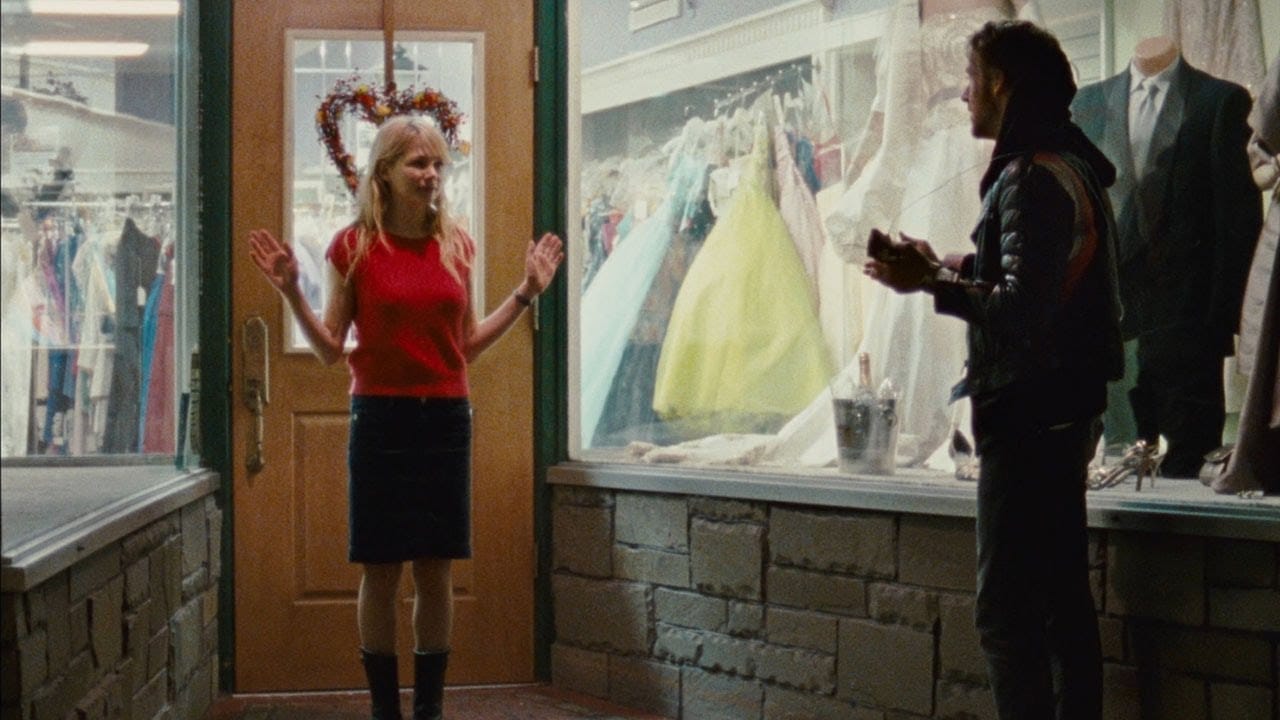
Blue Valentine doesn’t show love dying in a dramatic, fiery explosion—it shows it eroding.
Small disappointments, unspoken resentments, a slow unraveling of two people who were once willing to be blind to each other’s flaws.
And then one day, the illusion is gone.
The magic doesn’t disappear all at once, it just... stops working.
Slavoj Žižek describes love as the acceptance of imperfection—not just tolerating another's flaws, but recognizing that their flaws become part of what we love.
Love isn't about finding someone perfect but about discovering whose imperfections we can live with.
The real question, then, isn’t just whether we can accept our partner's reality, but how much of their imperfection we are willing to accept before we decide love is no longer worth it.
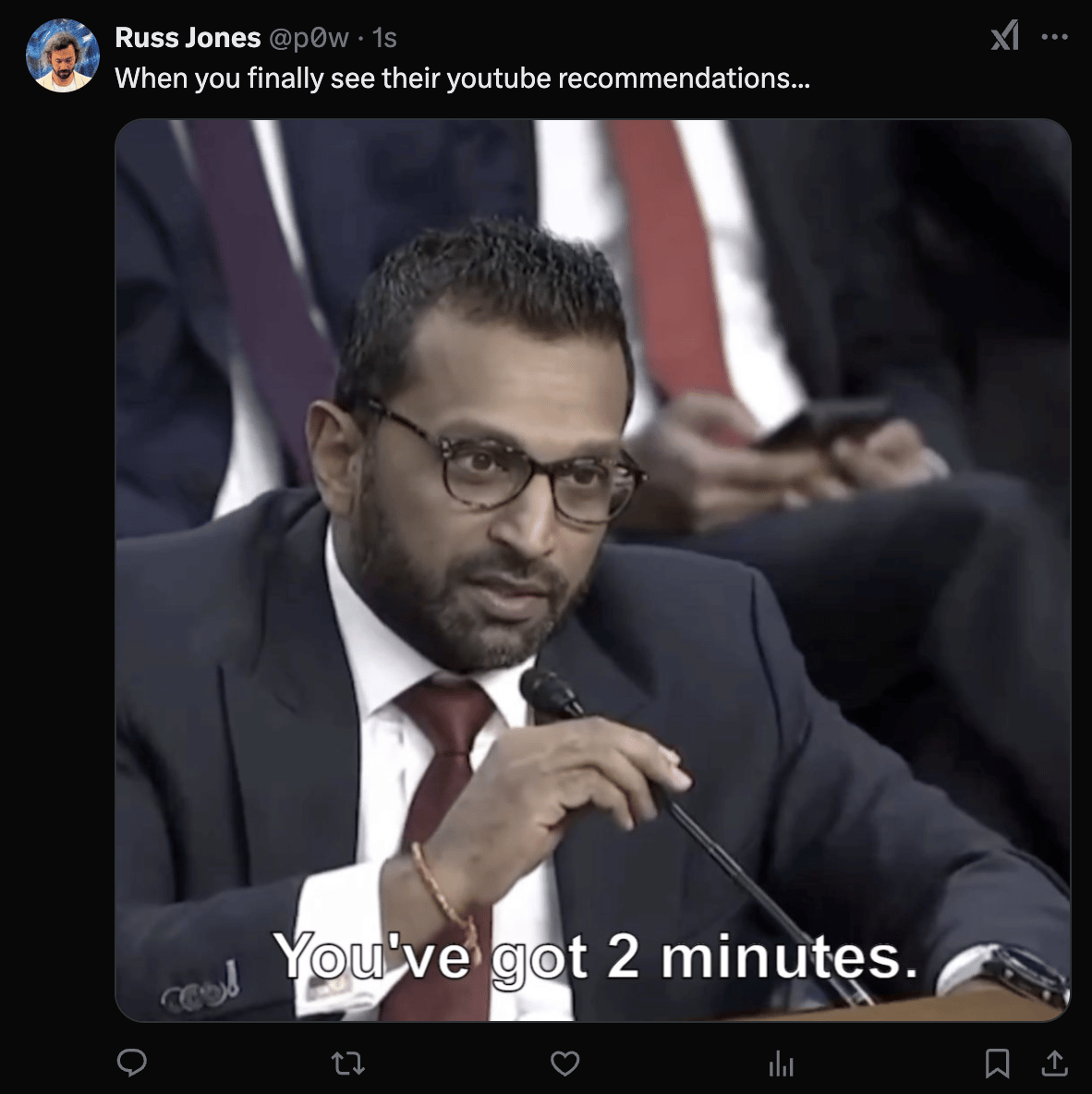
Reconciliation
At first, you think maybe it’s salvageable.
Maybe you can rebuild.
But then you realize—you’re standing in the ruins of something that was never meant to last.
Now, all that’s left is the person in front of you.
And the choice: accept them, or leave.
But love controls us.
The deeper we fall into it, the more it consumes us.
The more we submit, the more influence it has over us.
Love asks for our freedom in exchange for something we can never be sure is worth the cost.
Some people leave, convinced that love only exists when it’s effortless.
Others stay, not for love itself, but to rebuild the dream—to force the relationship back into the shape it once was.
But love that lasts is something else entirely.
It is not consumption, not obsession, not escape. It is submission.
Not to the person, but to the risk.
The unknown.
The reality that once you allow love in, it will take something from you.
The question is: how much are you willing to give?
Maybe this is why trees in a forest grow the way they do. Crown shyness.
They reach toward each other, but they never touch.
Each maintains its own shape, its own space, without losing connection.
Maybe this is what love is meant to be—not two people collapsing into one another, but two people learning how to coexist within the gravity of love’s pull.
Bell Hooks argued that love is not something we feel—it is something we do.
Nietzsche would say love that lasts requires self-overcoming.
To love without illusion isn’t just effort—it is surrender. It is knowing that love will erode you.
And still choosing to stay.
And this is why most people never reach it.
Because by the time you know whether it was worth it, it’s already too late.
Love you loads
R
Poets Corner
As always an independent author and poet has been asked to respond to the same prompt I’m working on this week and they submit a piece without censorship or editing.
Enjoy!
Reconciliation
I sense the oncoming
Calm of an explosion.
I give full attention
To the restoration.
You give me a signal
Translated to a smile.
You get back your patience
And then we reconcile.
- Thomas May
New Stuff
Love, like ownership, is simply an illusion of control.
We collect stuff, claim it, but it's never really ours.
The moment we believe it is, it controls us and we begin to lose the magic we first thought it had...

Available at the link below to subscribers and collectors now
Subscribe to Hot Girls Like Art to read the rest.
Join the Oracle club to get access to this post and other subscriber-only content.
Upgrade Translation missing: en.app.shared.conjuction.or Sign In


